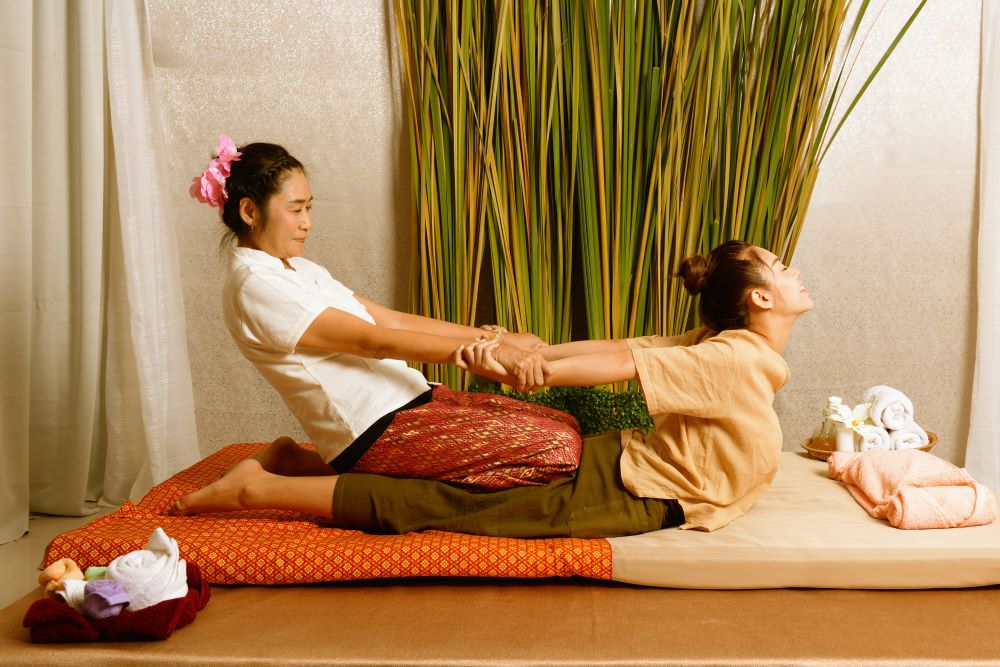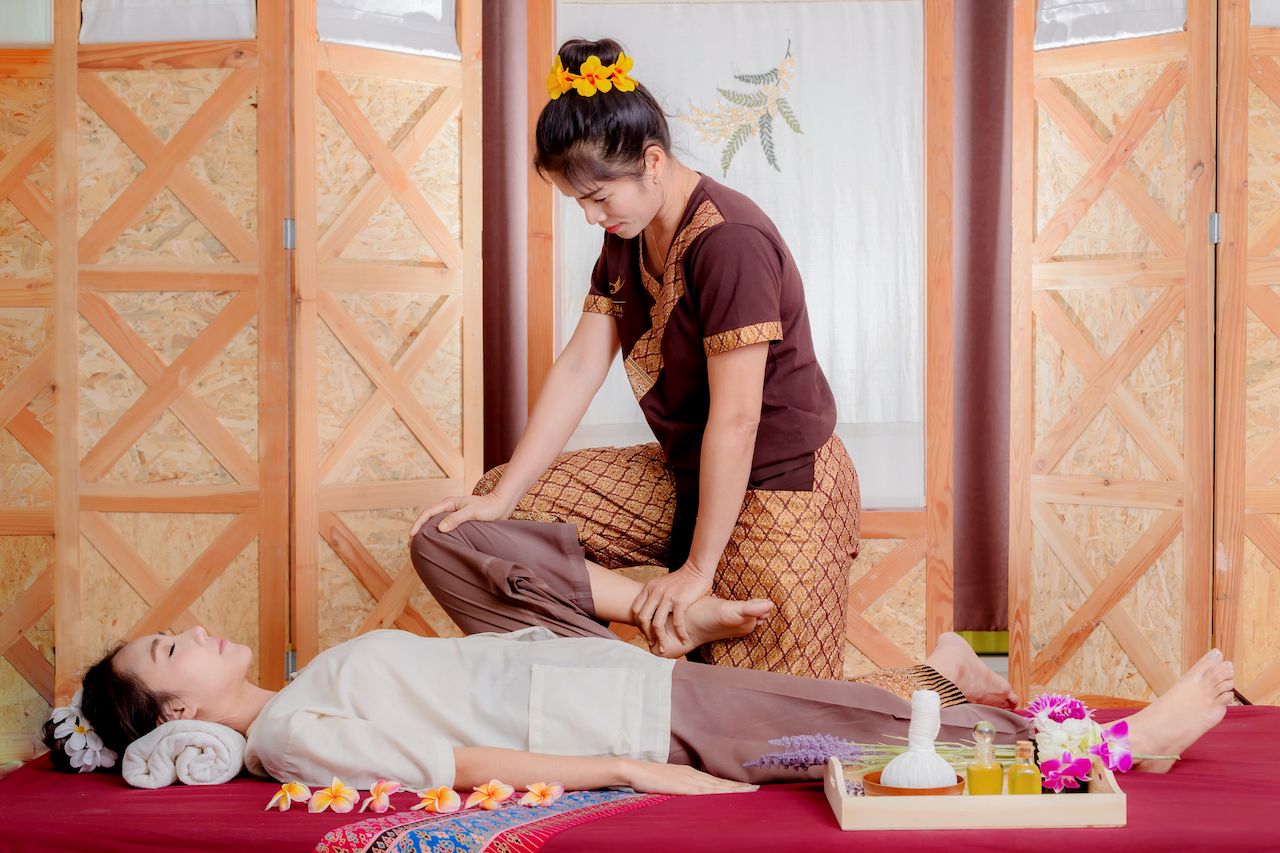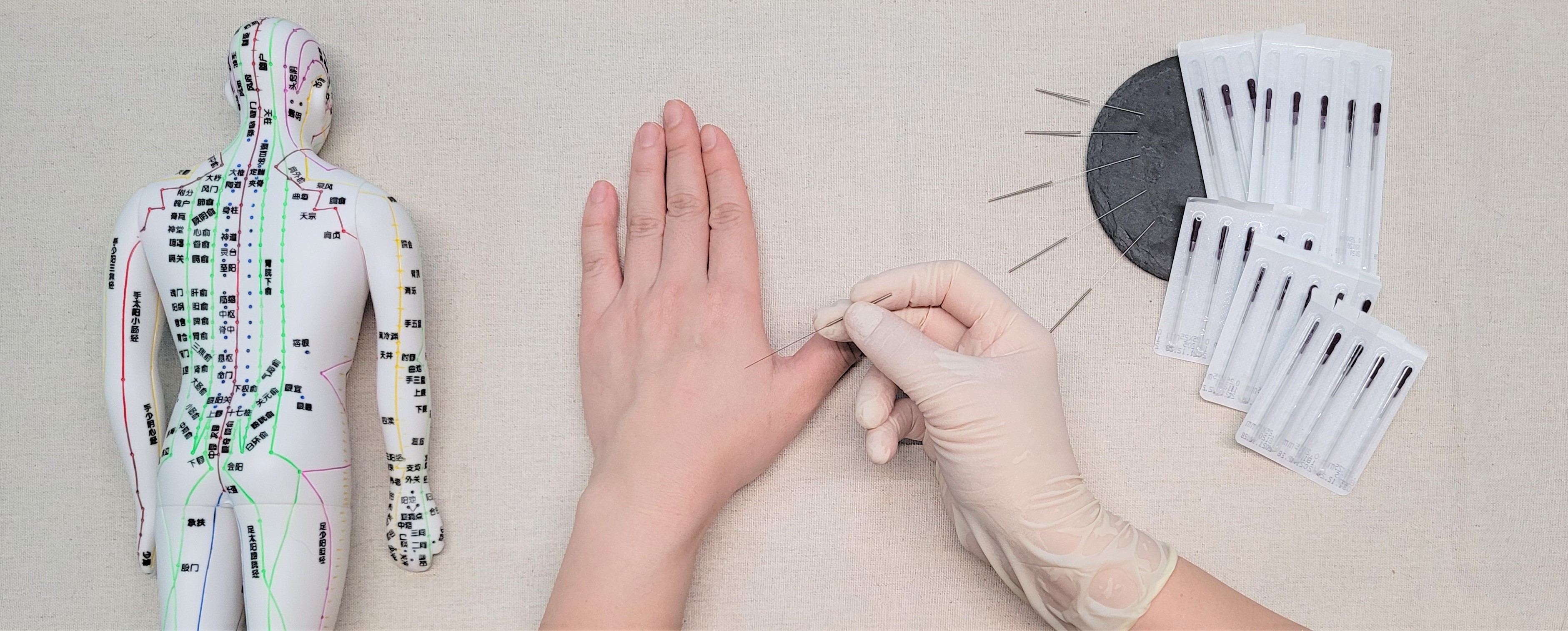Quality sleep is very important for our mental and physical well-being. Unfortunately, around 50 to 70 million Americans are known to experience sleep-related issues. These sleep disorders have an adverse effect on their health,1 also resulting in poor work performance, slow response time, obesity, risk of long-term diseases, and in many instance substance abuse.
Not only does insufficient sleep impair overall mental stability, focus, and concentration but scientific studies have also found a prolonged occurrence of poor sleep to be associated with numerous chronic illnesses, including heart disease, diabetes, and depression.
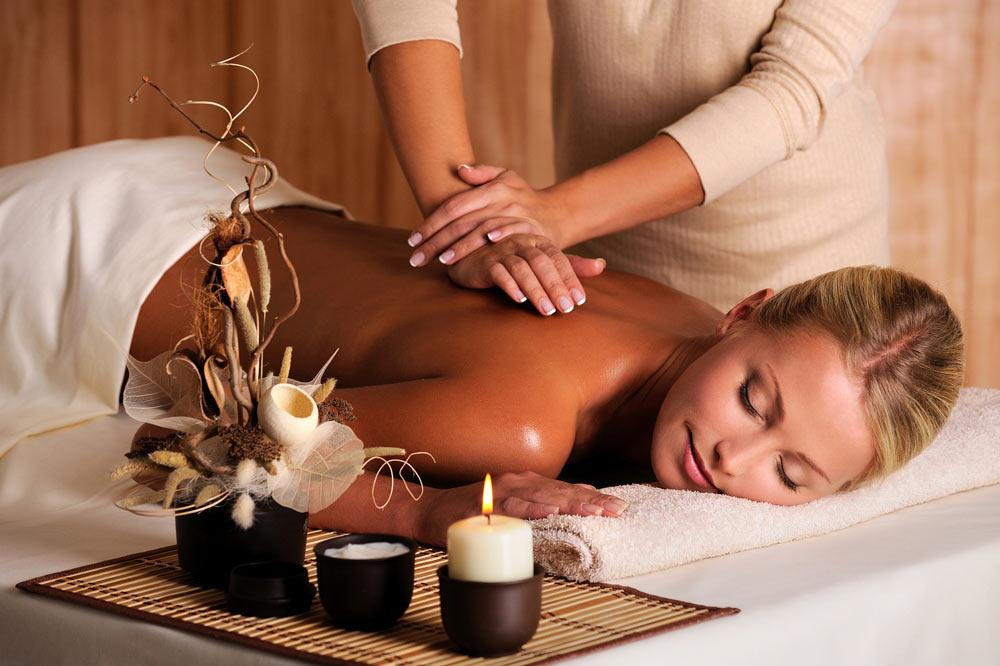
With the challenges of the current pace of life, insomnia (defined as having difficulty falling asleep or remaining asleep) is starting to occur more frequently for many of us, and finding remedies to fight it has become an important part of our overall wellness. If you want the best services for massage in Sedona then, contact Namti Spa. They promote relaxation, rejuvenation, and overall well-being. With a focus on natural and holistic approaches to health and wellness, Namti Spa offers a variety of treatments that cater to different needs and preferences such as a tachyon healing chamber, manicure, and couple massage sedona az. In addition, their licensed and professional reiki therapists are all trained in various styles & techniques and have years of experience.
How can massage therapy help you achieve good quality sleep?
Amongst the various benefits of massage therapy, such as pain and stress relief, body injury recovery, blood circulation improvement, mood boost, and relaxation, are the positive effects on the quality of sleep.
A growing body of research indicates that massage therapy is beneficial in combating insomnia, as well as the many chronic conditions that contribute to this sleep disorder. Although clients generally find massage to be very relaxing, many may not be aware of its holistic benefits.
Let's have a look in detail at how a professional massage can promote a good quality of sleep. Massage helps to combat insomnia by increasing the production of serotonin, a neurotransmitter in the brain. It is believed that the area of the brain that facilitates the body entering into deep sleep uses serotonin to communicate. The brain also uses serotonin to produce melatonin, which is the hormone responsible for telling the brain to “slow down” and prepare for sleep.
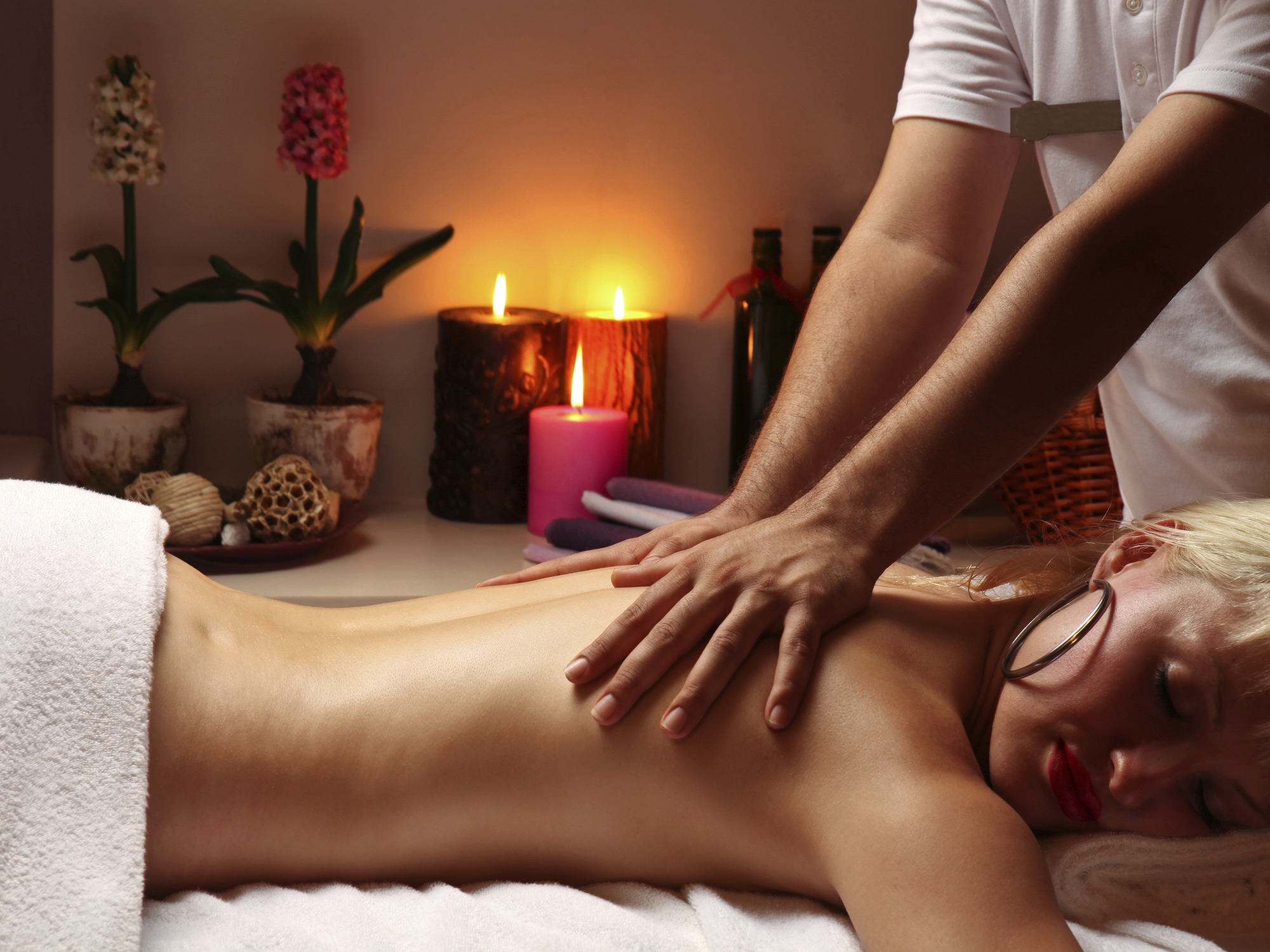
Other research has found that delta waves – brain waves that appear in heaviest concentration during the deepest realm of sleep, increase as a result of massage.
The recommended duration of massage therapy varies widely depending on the client's needs and co-occurring issues. Most studies were conducted over a period of 3 to 13 weeks, generally consisting of 30-minute sessions occurring twice weekly. Many patients report having experienced positive results after a single session.
adequate sleep is necessary for healthy functioning, and quality sleep is vital to health and wellness. Chronic insomnia causes extreme fatigue and problems with concentration, and can adversely affect a person’s mood and well-being. For healthcare professionals, helping patients overcome insomnia is critical for fostering overall health and wellness.3 According to Ralph Pascual, MD, medical director of the Swedish Sleep Medicine Institute (SSMI) in Seattle, both the quantity and quality of an individual’s sleep directly affect their health.4
Nutrition and exercise are often recommended as the foundation of good health, but research shows that quality sleep should also be part of any holistic treatment. Those who sleep less than 8 hours per night are experiencing “sleep debt,” which cannot be reversed by sleeping more on the weekend.4
According to the Mayo Clinic, studies have found massage to be beneficial for insomnia-related stress, as well as2:
- Anxiety
- Digestive disorders
- Fibromyalgia
- Headaches
- Myofascial pain syndrome
- Paresthesias and nerve pain
- Soft tissue strains or injuries
- Sports injuries
- Temporomandibular joint pain
We all know how good a massage can feel after a long day at work or during a weekend spa session. But did you know its impact on your sleep quality? To put it simply, massage therapy can greatly improve both the quality and the quantity of your sleep. Here’s how:
Reduced Stress
A massage offers a natural way to reduce stress, which accelerates your body’s relaxation response. This helps prepare your body and mind for restorative, restful sleep. The effects can be cumulative, meaning the more you get massages, the better quality and quantity of sleep you can enjoy.
Increased Oxytocin Levels
Oxytocin is a hormone known to increase feelings of contentment and attachment, as well as reduce stress levels. It is secreted during a massage, which can lead to more relaxed, peaceful sleep.

Decreased Anxiety
When you’re suffering from insomnia, your body and mind are trying to cope with high levels of anxiety. Massage triggers a cascade of hormones that reduce arousal, allowing your body and mind to relax enough to let go and reach deep, restorative sleep.
Decreased Cortisol
The hormone cortisol is related to stress and can be associated with a lack of sleep. Massage helps to reduce cortisol levels which encourages better sleep. Additionally, cortisol can have an effect on where you store your fat. Lower cortisol levels can be associated with more stored fat around your belly and hips.
Improved Circulation
Massage helps to stimulate the lymphatic system, which is responsible for removing cellular waste. Increasing circulation also helps to bring fresh, oxygen-rich blood to your body’s tissues, leading to improved overall health. This can be instrumental in sleep quality.
There you go! Given the profound benefits massage can have on sleep quality and quantity, it’s no wonder so many people swear by it. If you’re interested in exploring its effects on yourself, seeking out a qualified massage therapist can help determine the best plan of action for you. And if you’re looking to save some money, there are plenty of self-massage tools available as well. Sweet dreams!
